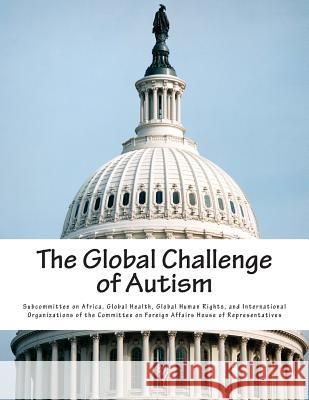The Global Challenge of Autism » książka
The Global Challenge of Autism
ISBN-13: 9781507839256 / Angielski / Miękka / 2015 / 76 str.
The global incidence of autism is steadily increasing. About one in 68 children have been identified with autism spectrum disorder, or ASD, according to estimates from the Centers for Disease Control's Autism and Developmental Disabilities Monitoring Network. ASD is reported to occur in all racial, ethnic and social economic groups, but is almost five times more common among boys, 1 in 42, than among girls, 1 in 189. Studies in Asia, Europe, and North America have identified individuals with ASD, with an average of about 1 percent of the population. The prevalence of autism in Africa is unknown, but there is no reason to believe that it is any different, it might even be worse, than other parts of the world. A new study recently found that each case of autism costs $2.4 million over a lifetime, including the expense of special education and lost productivity for their parents. Meanwhile, 85 percent of autistic adults are jobless or underemployed. It is therefore imperative that people with ASD are empowered to be self-sufficient so they can not only earn money to meet their own needs, but they also can utilize their very special talents that they possess to contribute to society at large. This hearing will examine some innovative strategies to achieve that important goal.
Zawartość książki może nie spełniać oczekiwań – reklamacje nie obejmują treści, która mogła nie być redakcyjnie ani merytorycznie opracowana.











